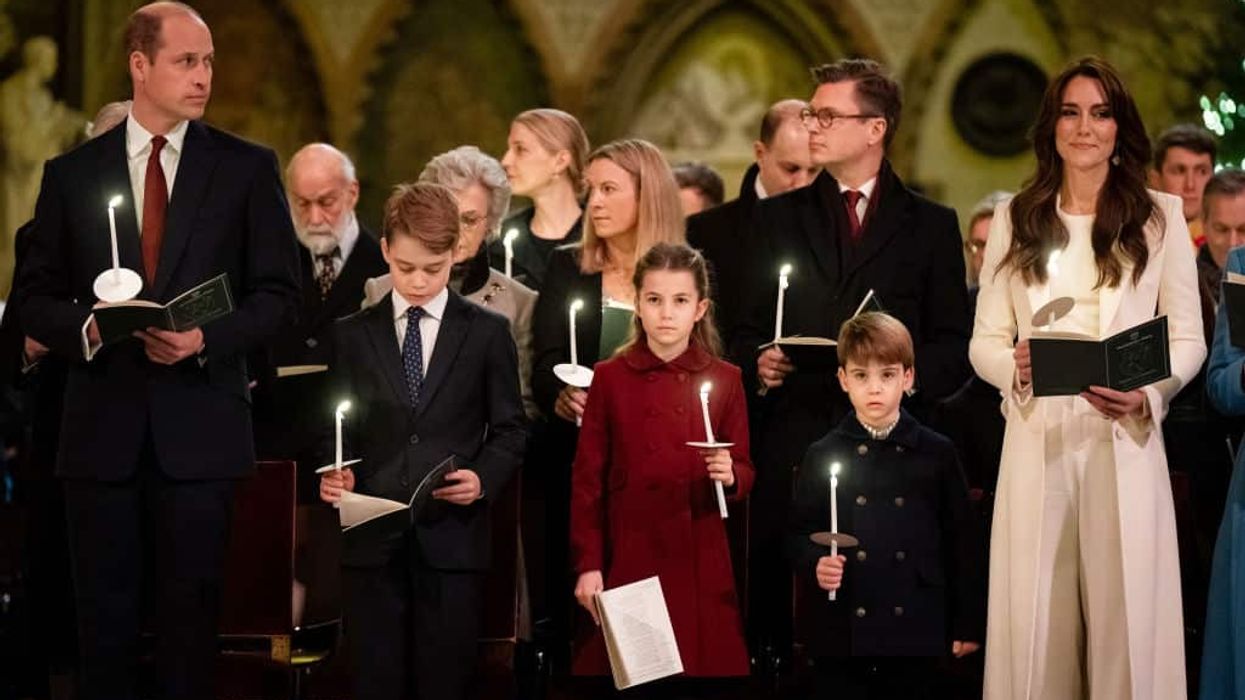AFTER weeks of wild speculation, the country was on Saturday (23) digesting the shock news that the Princess of Wales has cancer, with many praising her courage and others criticising those who spread conspiracies.
The Princess revealed the news on Friday (22) in a highly personal video, which came just weeks after King Charles III revealed he too is battling the disease.
The candid disclosure leaves the British monarchy in an unprecedented crisis in modern times with two of its most senior members simultaneously fighting serious illness.
Head of state Charles -- 17 months into his reign when Buckingham Palace announced in February that he had cancer and would be cancelling all public engagements -- led tributes to his "beloved daughter-in-law".
The ailing 75-year-old monarch spoke of his pride in "her courage in speaking as she did," shortly after Kensington Palace posted the video on social media.
Following other warm words from prime minister Rishi Sunak and the White House, British newspapers directly quoted the Princess on their Saturday front covers while also praising her "courage" on the inside pages.
"Kate, you are not alone" read the front of The Sun.
Inside, the tabloid said it was "hugely comforting" to hear the Princess say she was getting stronger, and that "perhaps the world will now appreciate why so much secrecy surrounded her surgery in January".
Others hoped it would end the frenzied rumours, with the Daily Mail tabloid taking aim at the "social media trolls who have been peddling disgusting conspiracy theories to explain her absence from public life."
In her statement the 42-year-old admitted the diagnosis was a "huge shock" and asked for "time, space and privacy" as she completes chemotherapy for her unspecified cancer.
In the video -- recorded Wednesday (20) in Windsor, west of London, where the future queen and king live with their three young children -- she insisted she was "well".
She said it had taken them time to explain the situation to Prince George, aged 10, Princess Charlotte, eight, and five-year-old Prince Louis, "and to reassure them that I am going to be OK".
Commentators commended its frank nature, with the princess speaking directly to the camera while sitting on a garden bench.
"So many people will have been so moved by the way that she conducted herself during that two minute plus broadcast," said royal expert Richard Fitzwilliams.
"But there's no doubt at all that it's a very, very difficult time for the institution of monarchy," he added.
Buckingham Palace announced on February 5 that tests had identified Charles had "a form of cancer" without giving further details.
He has cancelled all public engagements except audiences with the prime minister and ambassadors, and worked on official papers while receiving treatment.
He has been photographed several times since then, and seen attending church.
The Princess was last seen at a public engagement on December 25.
Kensington Palace announced on January 17 that she was facing up to two weeks in hospital and several months' recuperation following abdominal surgery.
She was not expected to be ready to return to public duties until after Easter on March 31, a statement at the time said.
But the Princess disclosed tests after the operation "found cancer had been present" and that she was now undergoing "preventative chemotherapy".
Kensington Palace said she would return to official duties "when she is cleared to do so by her medical team".
People outside Buckingham Palace on Friday spoke of their shock at the news.
"I think they're really doing their best to balance it," said American tourist Hannah Dickerson, 20.
"That's them juggling how to balance telling the public but also privately making sure they do it in their own terms."
(AFP)





